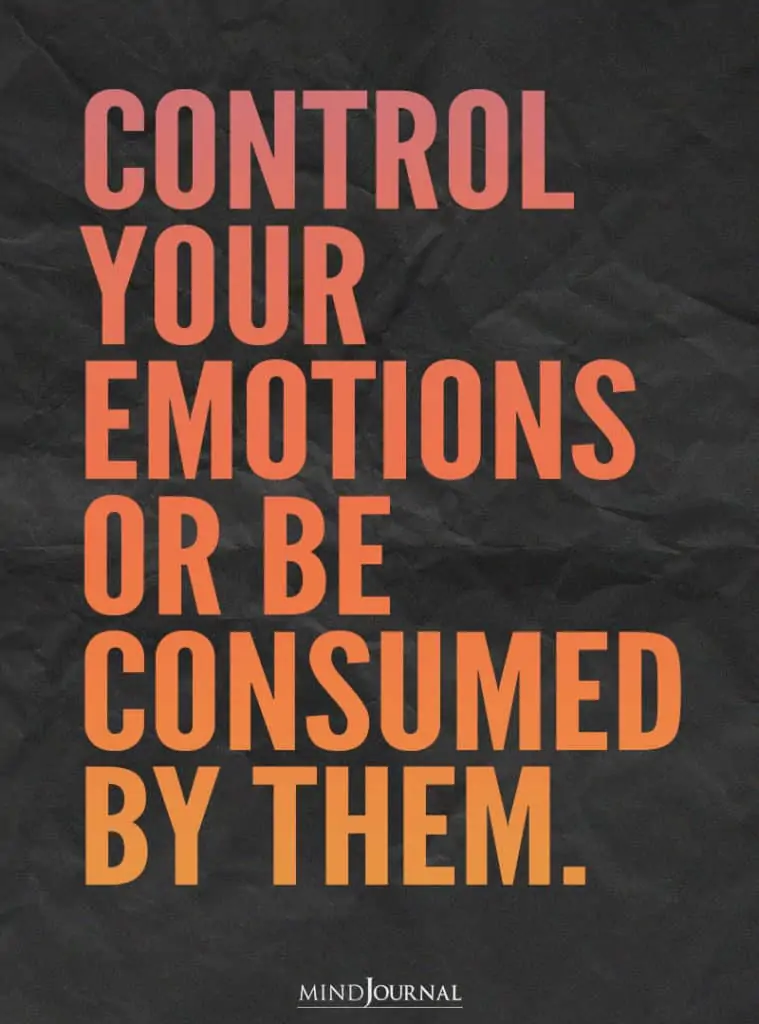How to like a job you loathe? 3 ways to feel better about a stop-gap role.
This job is beneath me. I’m so bored. My co-workers are no fun. My boss micro-manages. I don’t know how much longer I can keep this up. I’m embarrassed to tell people what I do or where I work.
At some point in recovery, you are likely to find yourself doing work that simply does not work for you. Your addiction or co-occurring issues may have led your career off the rails or prevented you from even launching a career. Once you’ve done the work of treatment and early recovery and are becoming more stable, a stop-gap job may be the next step in your journey.
Purpose Of Stop-Gap Jobs
Also known in the treatment and recovery world as a “get well job,” “recovery job,” “placeholder job,” or “J.O.B.”, a stop-gap job is likely to be a stepping-stone role. It is not necessarily commensurate with your prior work life or education. It’s less about lofty professional ambitions and more about near-term needs.
The stop-gap job is a place to show up (even if working from home) where people are counting on you. It’s a way to earn some money, build or rebuild employment history, and cultivate positive references. Stop-gap jobs are key for building a sense of purpose, self-esteem, and independence.
Read What Is The Best Job For You? Take This Optical Illusion Quiz To Find Out
Positive Attitude Will Only Get You So Far
You know this job is just one more step in your recovery journey and not the end of the road. You are grateful that someone has even hired you. You try to start work each day with a positive attitude and appreciation for the opportunity to put one foot in front of the other and be productive.
So, what do you do when a “grin-and-bear-it” approach starts to wear thin?
Consider these three ways to like a job you loathe or at least can better tolerate.
1. Know that you are more than your job.
Your identity and sense of self spring from much more than the thing you do to get a paycheck. The problem, though, is that you spend a lot of waking hours doing a job. Even if part-time, a job can seem to consume much of your time because you expend mental energy dreading it, being bored or uncomfortable at it, or feeling drained after it. So, it is easy to let work creep into your sense of self. If you are not comfortable identifying with the work you do or the place you work, your sense of self might suffer.
But you are much more than a job or a workplace. As you have worked on your recovery, you’ve no doubt been carving out a new identity. The new you is someone with integrity, a strong sense of values, and greater self-awareness. Maybe the new you is someone who gives back to others rather than using others, as you might have done when you were using.
Your new identity is about lots of things that any one job cannot take away, diminish, or negate. Remember this point when you start feeling too entwined in a job you dislike. And then you will like a job you loathe.
Read Work Infidelity: Are You Married To Your Job?
2. Take control where you can.
Whether Reinhold Neibuhr’s ubiquitous Serenity Prayer is a staple of your recovery or you prefer other mantras and meditations, you have no doubt in some way gained the wisdom to know the difference between what you can and cannot change. Accepting what you cannot change, or control, about your stop-gap job is one way to find some peace in an unpleasant situation. But you might not have to surrender completely to your job. Taking control will help you like a job you loathe.

Even in a low-wage job with limited responsibility, narrow scope of influence, and a boss who expects you just to show up, shut up, and do the work, you might have more control than you think.
Job crafting (Wrzesniewski & Dutton, 2001) is one of the most useful and practical concepts to come out of the career development and organizational behavior academic arenas. Simply put, you may find greater satisfaction, and even meaning, in a job when you are able to figure out how to exert some control over the relationships or tasks of the role, or over your own perceptions of the work.
If the tasks of your work are drudgery, focus on the positive working relationships you have at work or that you could develop. If the people you work with are not the selling point of this job, look to the tasks. See if there is any way to shift your responsibilities or to take on work that better fits your interests or strengths.
As for perception, focus on what’s good about the job—what you’re getting out of it and how you’re making a difference, even there’s only a tiny speck of silver lining—rather than all the things that are so bad about it.
Read Best Jobs for You Based on Your Personality, Not Just Your Degree
3. Have an exit strategy.
No, I don’t mean have a plan to quit—at least not without another job to go to if you really need to be employed. What I do mean is that looking toward the future can make the present easier to swallow. It will help you like a job you loathe and continue working till you get better opportunity.
You do not need to have a clearly defined future career plan. In fact, it’s better to be flexible and open to opportunities as they come along and not set your eye on too specific of a prize. If you have a good handle on what you enjoy, how you can add value, and environments in which you could thrive, you’re as focused as you need to be.
This approach is the crux of the Happenstance Learning Theory of Career Development (Krumboltz, 2009). Your goal should be to learn about yourself and then explore ways you might apply your strengths, satisfy your interests, and make a difference. It’s about planning but being open to serendipity—a planned happenstance approach to careers.
When I coach clients through the process of shaping new work identities, crafting jobs, and “planning happenstance,” I see their faces brighten and spirits lift, even if they are in a stop-gap job that is some degree of miserable. They can find a way to tolerate, or perhaps like a job they loathe because they are learning how to envision a future that includes satisfying work and how to be open to more satisfying work that may find them.
Apply these strategies and let me know in comments below if you can like a job you loathe?
© L. Michelle Tullier 2020
References
- Krumboltz, J. D. (2009). The Happenstance Learning Theory. Journal of Career Assessment, 17(2), 135–154. https://doi.org/10.1177/1069072708328861
- Wrzesniewski, A. & Dutton, J. (2001). Crafting a Job: Revisioning Employees as Active Crafters of Their Work. Academy of Management Review, 26, 179–201, https://doi.org/10.5465/amr.2001.4378011
Witten by: Michelle Tullier Originally appeared on: Psychologytoday.com Republished with permission









Leave a Reply
You must be logged in to post a comment.